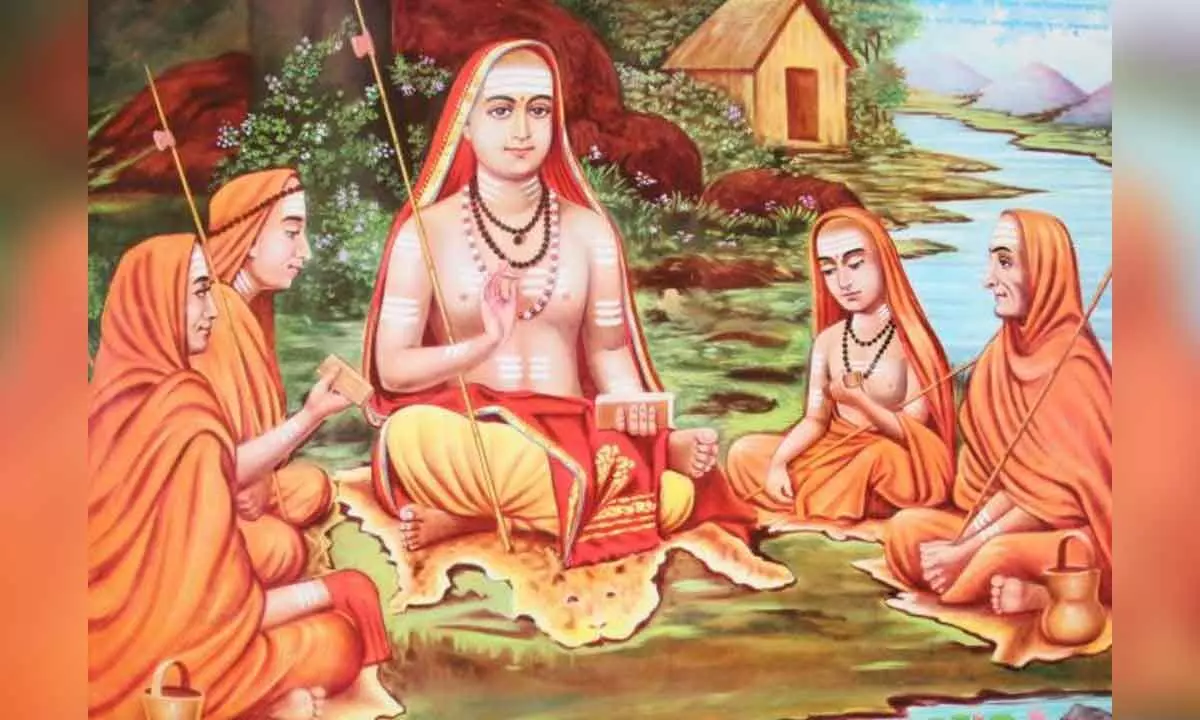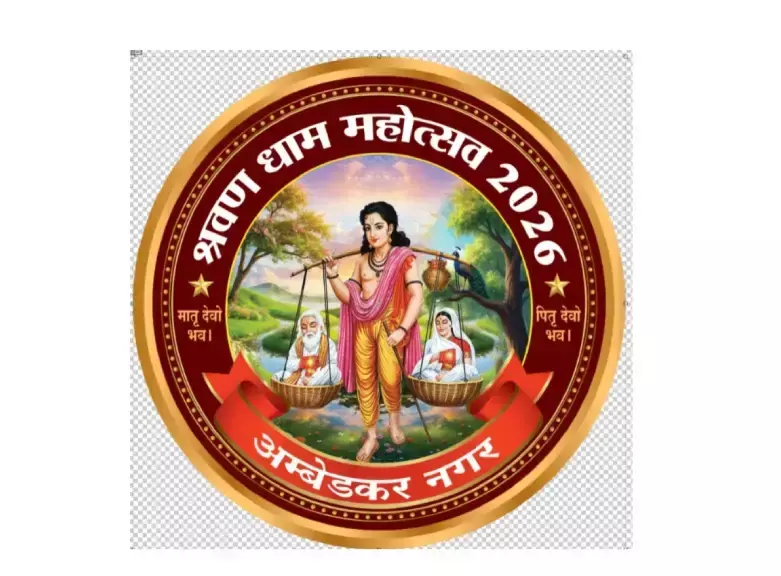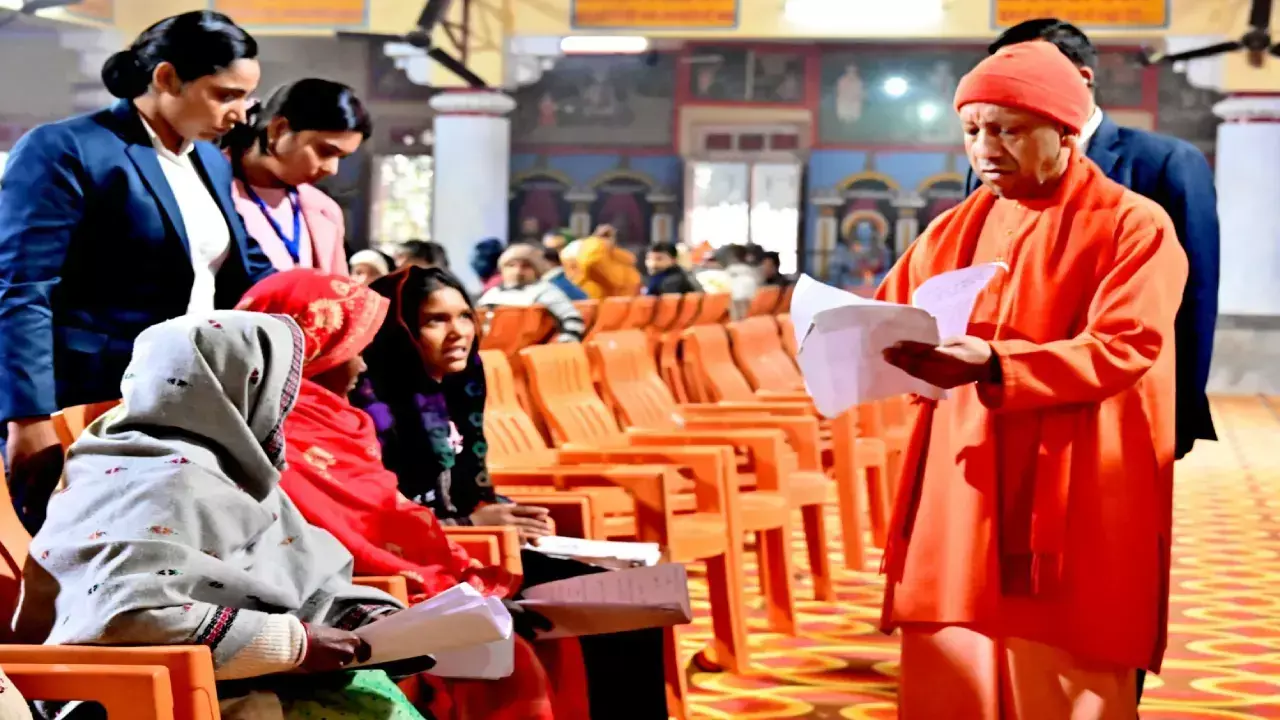Social Consciousness: Why Do We Have Rituals?

Shankaracharya explains that even when a person is engaged in such desire-driven ritual, sometime in the middle of such practices, he may contemplate the meaning and realise the pettiness of his quests which are paltry in comparison to the noble vision the passages are giving
Look at an army marching to the tune of drums and martial music. There is beauty coupled with discipline. It is because of the drill which has gone into it. Instead, if it were a mere group of bodybuilders walking along, the same beauty and discipline would not exist.
It is the same with rituals in a society. Management of human action was an important task for the sages. Human behaviour would be erratic if there were to be no guidelines. These guidelines should take note of human nature too. They should accommodate human desires and ambitions. Apart from worldly efforts to achieve those objectives, people also wish to do some rituals to propitiate the deities. There should also be some compulsory rituals to bring about personal discipline and social harmony.
The sages evolved an elaborate scheme of rituals to cover all the above needs. Compulsory rituals are the nature of daily meditations on the highest reality in all beings. For instance, the Gayatri mantra is a contemplation of the one reality present in all beings. By the word ‘all beings’, we include the animals and insects too because the same intelligence works in them. The mantra uses a collective pronoun: ‘that which activates all our minds and enlivens us’. Even the act of taking meals is a ritual. One is expected to contemplate the universal principle of fire present in all beings and should chant mantras offering food to that fire. Eating our lunch must be done with a spirit of offering oblations into that fire. It is a yajna.
Humans always believed in a place of higher pleasures, heaven. How to attain it? It is by doing good deeds. Hence people start social services of some type or the other. Over a period, such actions become a person’s nature, creating positive predispositions of mind, called samskaras, in Sanskrit.
Even in rituals meant to gain personal gain, the sages took care to introduce philosophical passages from the Vedas. An example of this is the Purusha suktam. We had seen in an earlier note that it is a contemplation on the oneness of the cosmos, and it is meant to give a vision of oneness with all beings. Another popular passage is Sri Rudram, which is also an exercise in seeing the divine in all beings. Why did the sages introduce philosophical passages when a person is praying for personal gain, like promotion or success? Shankaracharya explains that even when a person is engaged in such desire-driven ritual, sometime in the middle of such practices, he may contemplate the meaning and realise the pettiness of his quests which are paltry in comparison to the noble vision the passages are giving.
But are we getting this vision? Unfortunately, not. It is because we are cut off from the knowledge of Sanskrit, and we do not know the grand message of the words. It would be the priest’s duty to tell us the import of such passages. The Internet has solved this problem to a large extent, enabling us to know the meanings of such passages. The annual calendar of Hindus is a calendar of dharmic activities, both at a personal level and at the collective level. For instance, at the personal level, a person is asked to do parayanam, (sacred study) of certain texts on certain occasions. The birth anniversary of Rama is associated with the reading of Ramayanam. The Navaratri is associated with the reading of the Devi Bhagavatam or Srimad Bhagavatam, according to the tradition of a person.
Collective rituals are, such as the chariot processions, in which people of all sections have an essential role. The carpenter, the weaver, the oil maker, the leather tanner, the potter, the priest – all have importance in it. This was an integrating factor in the ancient Indian village. India is still fortunate that it is retaining most of its tradition despite the invasion of modernity.
(Writer is former DGP, Andhra Pradesh)















